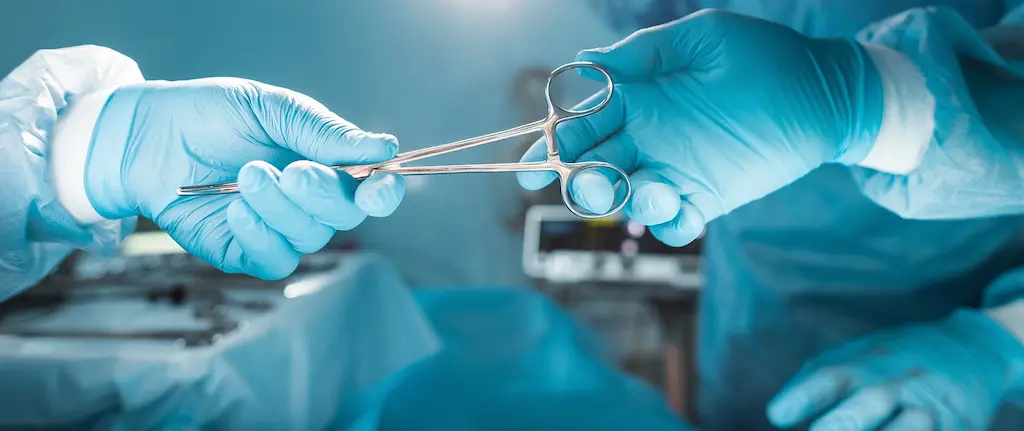A Surgical Tech - Plastic/Reconstructive specialist plays a crucial role in supporting complex surgical procedures that restore both function and form. These highly skilled professionals work alongside plastic surgeons to assist with a diverse range of reconstructive and aesthetic surgeries, each requiring specialized knowledge and meticulous attention to detail.
Reconstructive Procedures
In reconstructive surgery, surgical technologists assist with life-changing procedures that restore normal function and appearance. Breast reconstruction following mastectomy requires careful handling of tissue expanders, implants, and autologous tissue transfers. During cleft palate repairs, technologists must maintain a sterile field while managing delicate pediatric instruments and ensuring proper tissue alignment for optimal healing outcomes.
Burn treatment procedures demand exceptional skill in preparing and handling skin grafts, synthetic materials, and specialized dressings. Surgical technologists working in burn units must understand the critical timing involved in debridement procedures and be prepared to assist with emergency reconstructive surgeries that may extend for several hours.
Aesthetic Surgery Support
Cosmetic procedures like rhinoplasty require surgical technologists to handle precision instruments including osteotomes, rasps, and specialized retractors. During liposuction procedures, they manage cannulas, suction equipment, and tumescent solutions while monitoring patient positioning and fluid balance. Facelift surgeries demand careful tissue handling and the ability to anticipate surgeon needs during delicate dissection and suturing phases.
- Preparing microsurgical instruments for nerve and vessel repair
- Managing specialized implants and prosthetic materials
- Maintaining optimal lighting and magnification equipment
- Coordinating with anesthesia teams for lengthy procedures
- Ensuring proper documentation of implant serial numbers and specifications
Technical Excellence and Precision
Working in plastic surgery requires exceptional instrument handling skills, as many procedures involve microsurgery techniques and delicate tissue manipulation. Surgical technologists must understand the importance of maintaining tissue viability, proper hemostasis, and cosmetic outcomes that will affect patients' quality of life and self-esteem.
The role demands continuous learning about new surgical techniques, advanced materials, and innovative technologies. From traditional surgical instruments to laser systems and ultrasonic devices, plastic surgery technologists must stay current with evolving equipment and maintain proficiency across multiple surgical specialties within the plastic surgery realm.
